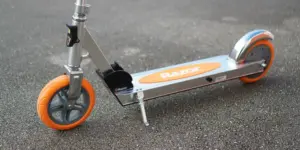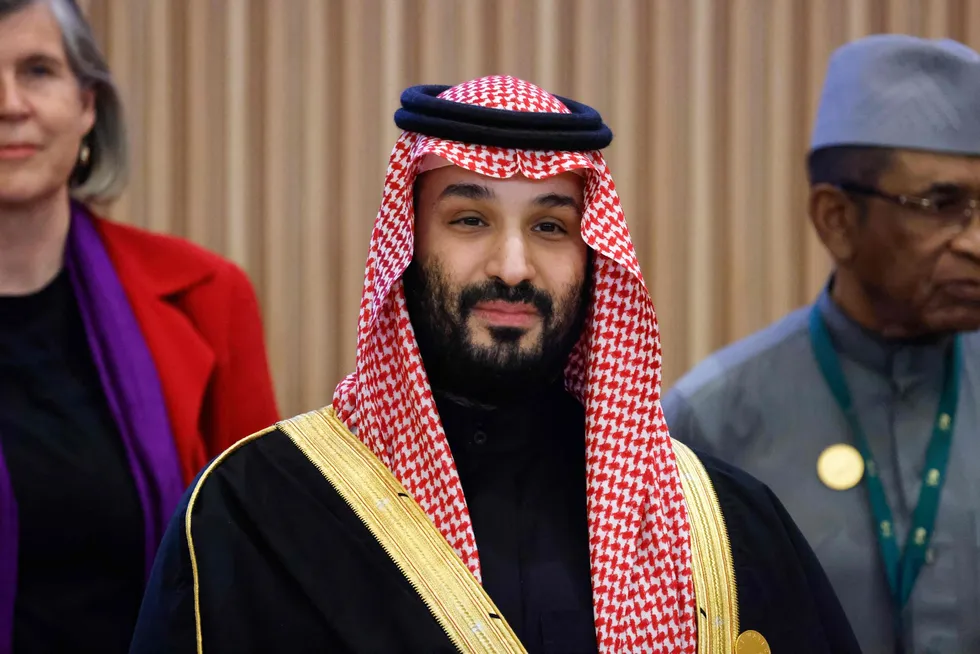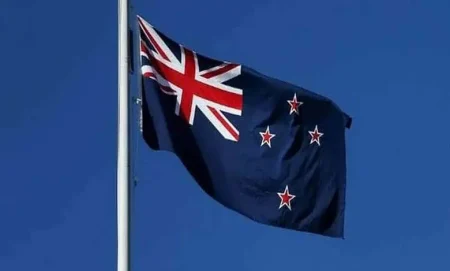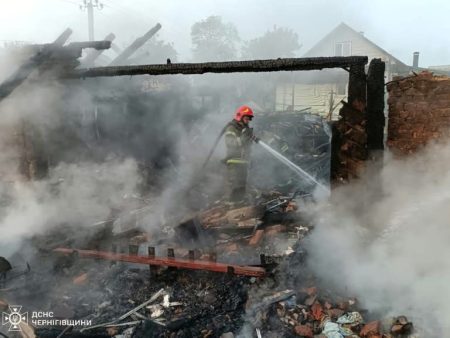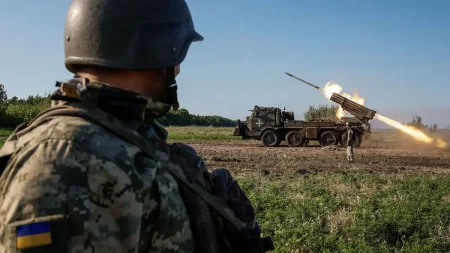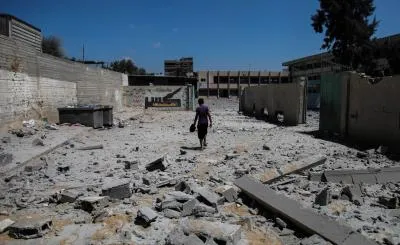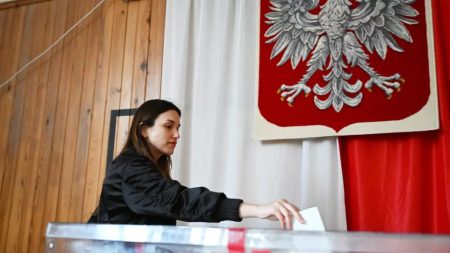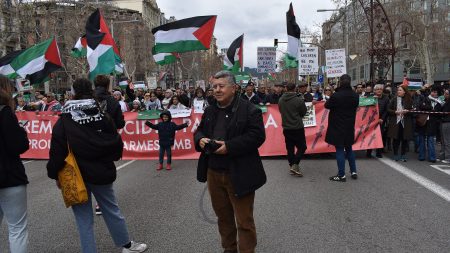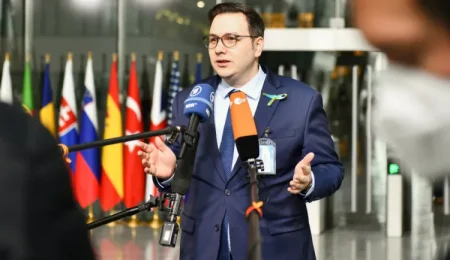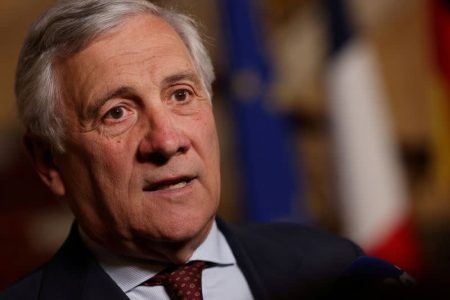The race to develop the $10 billion Dorra offshore gas field is heating up, with international contracting companies vying for a share of the lucrative engineering, procurement, construction, and installation (EPCI) contracts. This field is located in the shared neutral zone between Saudi Arabia and Kuwait, but its development has become a point of contention due to a long-standing dispute involving Iran.
Key Facts About the Dorra Gas Field
The Dorra gas field, which spans across the neutral zone between Saudi Arabia and Kuwait, is set to play a key role in the region’s energy future. The joint venture developing the field involves subsidiaries of two of the biggest state-owned energy giants in the Middle East: Saudi Aramco and Kuwait Petroleum Corporation (KPC). This project is expected to produce 1 billion cubic feet per day of natural gas, as well as 84,000 barrels per day of condensate.
Despite its potential, the development has been complicated by a territorial dispute with Iran. While Saudi Arabia and Kuwait refer to the field as Dorra, Iran has its own name for the field: Arash. This disagreement centers on the development and exploitation rights of the gas field, as Iran claims the area lies within its own territorial waters, while Saudi Arabia and Kuwait maintain that it is within their neutral zone, where both countries have shared rights.
The Ongoing Dispute
The dispute between Iran, Saudi Arabia, and Kuwait over the Dorra/Arash gas field is not a new development. Tensions have persisted for decades, with Iran questioning the legal frameworks under which Saudi Arabia and Kuwait are pushing forward with the field’s development. The situation is further complicated by the fact that the neutral zone has been the subject of various agreements between the two Gulf countries, which Iran does not recognize as binding.
As the dispute continues, Iran has been vocal in its objections, accusing Saudi Arabia and Kuwait of disregarding its claims to the field. Despite these tensions, the joint venture between Saudi Aramco and KPC has pressed forward with plans to begin production, underscoring the potential economic benefits for both countries. The planned gas output from the field could provide a significant boost to the region’s energy supply and strengthen its position in global markets.
Implications of the Dorra Gas Field for the Middle East
The Dorra gas field’s development has far-reaching implications for energy dynamics in the Middle East. With global demand for natural gas increasing, this field could be key to meeting the region’s energy needs, while also providing substantial financial returns to Saudi Arabia and Kuwait. However, the ongoing dispute with Iran raises questions about the stability of energy projects in contested regions and the broader geopolitical risks associated with such developments.
The stakes are high for the companies involved, as the contracts for the development and operation of the gas field are estimated to be worth billions of dollars. International companies are now competing to secure a piece of this growing market. The field’s development is expected to involve multiple phases, with significant investments in infrastructure, technology, and expertise required.
Key Players in the Dorra Gas Field Development
The development of the Dorra gas field is poised to attract some of the largest engineering and construction companies in the world. The EPCI contracts are among the most sought-after in the industry, with many international players eager to participate in this high-value project. Saudi Aramco and KPC are leading the charge, but they are expected to work closely with a range of contractors specializing in offshore energy development.
The competition for these contracts is fierce, with many companies already positioning themselves to take advantage of the growing demand for energy resources in the region. The project will require specialized equipment and advanced technology to extract and process the natural gas and condensate, which could lead to partnerships between local and global firms.
Iran’s Role in the Dispute
Iran’s objections to the development of the Dorra gas field could have significant ramifications for the project. While Iran has not taken any direct military action, it continues to raise concerns about the legality of Saudi Arabia and Kuwait’s actions. Iran’s position remains firm, and it is unlikely to back down in the near future, especially considering the field’s importance to the region’s energy security.
Iran has also pointed to previous international agreements that it believes support its claim to the field. These legal challenges could complicate the project’s timeline and add an additional layer of complexity to the negotiations between the countries involved.
What’s Next for the Dorra Gas Field?
As the race to secure contracts for the Dorra gas field development heats up, all eyes will be on how the dispute between Iran, Saudi Arabia, and Kuwait unfolds. While the project is expected to proceed despite the tension, the situation could evolve into a broader regional energy conflict if diplomatic channels do not yield a resolution.
The development of the field remains a priority for both Saudi Arabia and Kuwait, but it’s clear that Iran will continue to challenge their claims. Whether the project moves forward smoothly or faces delays will depend on the diplomatic efforts of all parties involved, as well as the ability of international contractors to navigate the political landscape.

